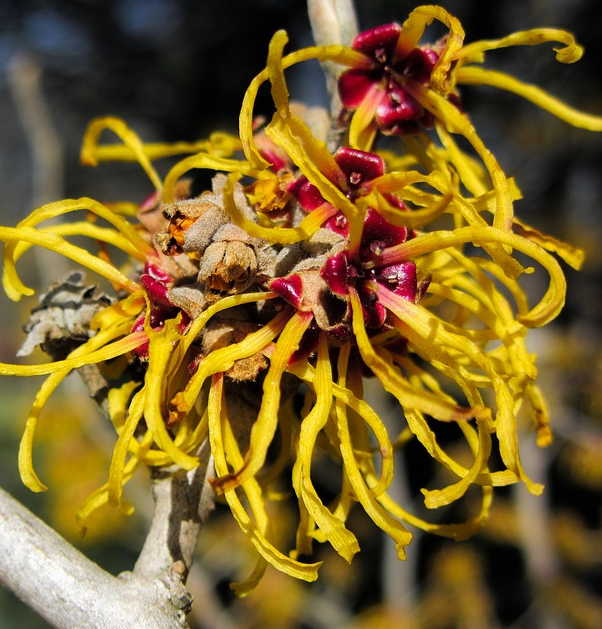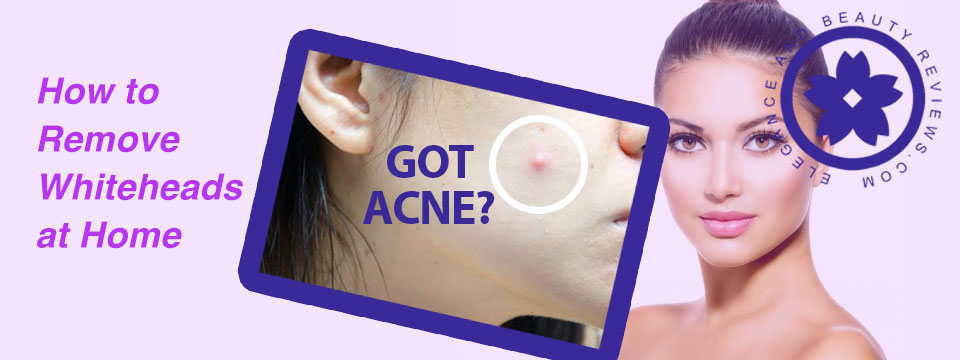Unraveling the Benefits of Witch Hazel for Acne
Acne can be a persistent and frustrating skin condition, affecting people of all ages. Searching for the perfect solution to combat acne is a quest many undertake. One such natural remedy that has gained popularity is witch hazel. In this in-depth article, we will explore the potential of witch hazel in treating acne and how it can be incorporated into your skincare routine. We’ll provide you with expert insights, personal experiences, and credible sources to help you make an informed decision on whether witch hazel can be an effective ally in your battle against acne.
Will Witch Hazel Help with Acne?
Witch hazel has been known for its therapeutic properties for centuries, and its benefits extend beyond its traditional uses. The question on everyone’s mind is, “Will witch hazel help with acne?” The answer lies in its unique properties that make it a promising natural remedy for acne-prone skin.
Understanding Witch Hazel: What is it?
Witch hazel, scientifically known as Hamamelis virginiana, is a shrub native to North America and some parts of Asia. The extract derived from its bark and leaves has been widely used for its medicinal and skincare properties. It contains tannins, polyphenols, and essential oils, making it a potent astringent and anti-inflammatory agent.
The Power of Witch Hazel for Acne
Witch hazel possesses several properties that can be beneficial for individuals dealing with acne:
- Natural Astringent: Witch hazel’s astringent properties help to tighten the skin’s pores, reducing the accumulation of excess sebum, bacteria, and debris that contribute to acne breakouts.
- Anti-Inflammatory: The anti-inflammatory nature of witch hazel soothes irritated skin and reduces redness and swelling caused by acne.
- Antibacterial: Witch hazel’s antibacterial properties combat acne-causing bacteria, preventing further infection and promoting a faster healing process.
- Oil Control: By regulating sebum production, witch hazel helps maintain a balanced oil level on the skin, preventing clogged pores and breakouts.
- Gentle Exfoliation: Witch hazel’s mild exfoliating properties can aid in removing dead skin cells, preventing pore blockages that lead to acne.
Incorporating Witch Hazel into Your Skincare Routine
Now that we understand the benefits of witch hazel for acne, it’s essential to learn how to use it effectively. Here’s a step-by-step guide to incorporating witch hazel into your daily skincare routine:
1. Choose the Right Witch Hazel Product
When selecting a witch hazel product for acne, opt for alcohol-free versions to avoid excessive drying of the skin. Look for pure witch hazel extracts or toners containing natural ingredients to reap the full benefits.
2. Cleanse Your Face
Start by washing your face with a mild cleanser to remove dirt, excess oil, and makeup. Pat your skin dry with a clean towel.
3. Apply Witch Hazel Toner
Using a cotton pad, apply witch hazel toner to your face, concentrating on acne-prone areas. Allow it to dry naturally, and avoid rubbing it into the skin.
4. Follow with Moisturizer
After the witch hazel toner has dried, apply a lightweight, oil-free moisturizer to keep your skin hydrated without clogging pores.
Addressing Common Concerns: FAQs about Witch Hazel and Acne
- Q: Can witch hazel be used on sensitive skin prone to acne?A: Yes, witch hazel is generally safe for sensitive skin when used in moderation. However, individuals with very sensitive skin should perform a patch test before regular use.
- Q: How often should I apply witch hazel for acne treatment?A: For best results, use witch hazel once or twice a day after cleansing your face. Avoid excessive use, as it may lead to dryness.
- Q: Can witch hazel completely cure acne?A: While witch hazel can be a valuable addition to your acne-fighting routine, it may not completely cure acne. It works best when used as part of a comprehensive skincare regimen.
- Q: Can I use witch hazel with other acne treatments?A: Yes, witch hazel can complement other acne treatments. However, be cautious not to mix it with products containing benzoyl peroxide, as this may cause skin irritation.
- Q: Is witch hazel suitable for all types of acne?A: Witch hazel can be effective for mild to moderate acne. For severe acne, it’s best to consult a dermatologist for personalized treatment.
- Q: Can witch hazel be used on body acne as well?A: Absolutely! Witch hazel can be used on body acne just as effectively as on facial acne.
Conclusion: The Potential of Witch Hazel for Acne
In conclusion, witch hazel has earned its reputation as a valuable natural remedy for acne-prone skin. Its astringent, anti-inflammatory, and antibacterial properties make it a promising addition to your skincare arsenal. While it may not be a one-size-fits-all solution, many individuals have experienced positive results by incorporating witch hazel into their daily routines. Remember to use it in moderation and in conjunction with other suitable skincare practices for the best outcome.
Embrace the power of witch hazel and embark on your journey to healthier, clearer skin. Let nature’s remedy work its magic as you take charge of your acne concerns with confidence.



